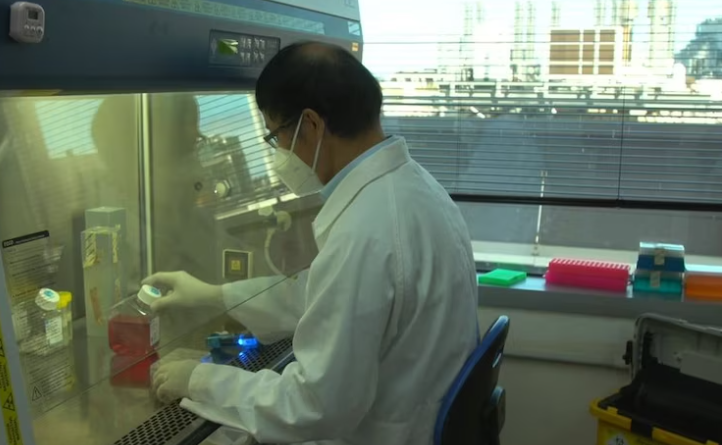Breakthrough Diabetes Study Could Lead to End of Regular Insulin Injections, Researchers Say
Quick Read
- In short: Researchers from the Baker Heart and Diabetes Institute say they have discovered a potential new treatment for type 1 diabetes.
- The treatment using existing cancer drugs could eventually replace the need for regular insulin injections.
- What’s next? The next phase of the research would involve pre-clinical trials on animals.
Researchers say they have made a breakthrough in the treatment of type 1 diabetes which could replace the need for regular insulin injections.
Research published by Baker Heart and Diabetes Institute scientists shows they have manipulated existing pancreatic stem cells to prompt them to produce insulin.
The study from the Melbourne researchers builds on previous work by Monash University scientists, using two existing cancer drugs.
The research is still in its early days and the next step will be pre-clinical animal trials.
But lead researcher and Baker institute scientist, Sam El-Osta, said the potential treatment could be viable for children and adults in the future.
“What we’ve discovered is the ability to harness the patient’s remaining pancreatic cells to influence those cells to behave like insulin-producing beta cells,” Professor El-Osta told ABC Radio Melbourne.
Broadly, people with diabetes do not naturally produce enough insulin, or their bodies do not use the hormone as they should.
For many people with diabetes, it means multiple insulin injections are required daily to manage the illness.
Research could be ‘holy grail’
The two cancer drugs used in the research are already approved by the US Food and Drug Administration.
Researchers said the potential treatment could be “rapid” compared to current treatment options for type 1 diabetes.
“We’ve been able to repurpose these drugs to determine whether we could influence the trajectory by using these small molecule inhibitors in pancreatic ductal cells,” Professor El-Osta said.
“We can quickly influence insulin restoration in a number of days in a dish from tissues derived from type 1 diabetes donors, both children and adults.”
Diabetes Australia estimates around 134,000 people in Australia are living with type 1 diabetes, which represents about 10 per cent of all diabetes cases.
The Baker Heart and Diabetes Institute researchers are optimistic their work could potentially help people living with insulin-dependent type 2 diabetes.
The research has been published in a Nature scientific journal, Signal Transduction and Targeted Therapy.
Chief executive of the Australian Diabetes Society and University of Melbourne associate professor, Sof Andrikopoulos, labelled the research as “remarkable”.
“For the 135,000 Australians with type 1 diabetes, this is the holy grail. This is it,” he said.
“It also has the potential to make a significant improvement in type 2 diabetes.”
Dr Andrikopoulos, who was not involved with the study, said the research would reduce the burden of the disease.
“This research has the potential for the body itself, to produce and secrete insulin. So you can see that you’re getting rid of needles, you’re getting rid of insulin pumps, you’re getting rid of finger pricking, you’re getting rid of continuous glucose monitors,” he said.
While he was hopeful for the future, Dr Andrikopoulos warned steps towards a cure would require consistent funding for diabetes research.
Source: https://www.abc.net.au/news/2024-01-02/breakthrough-in-diabetes-treatment-research/103278156

